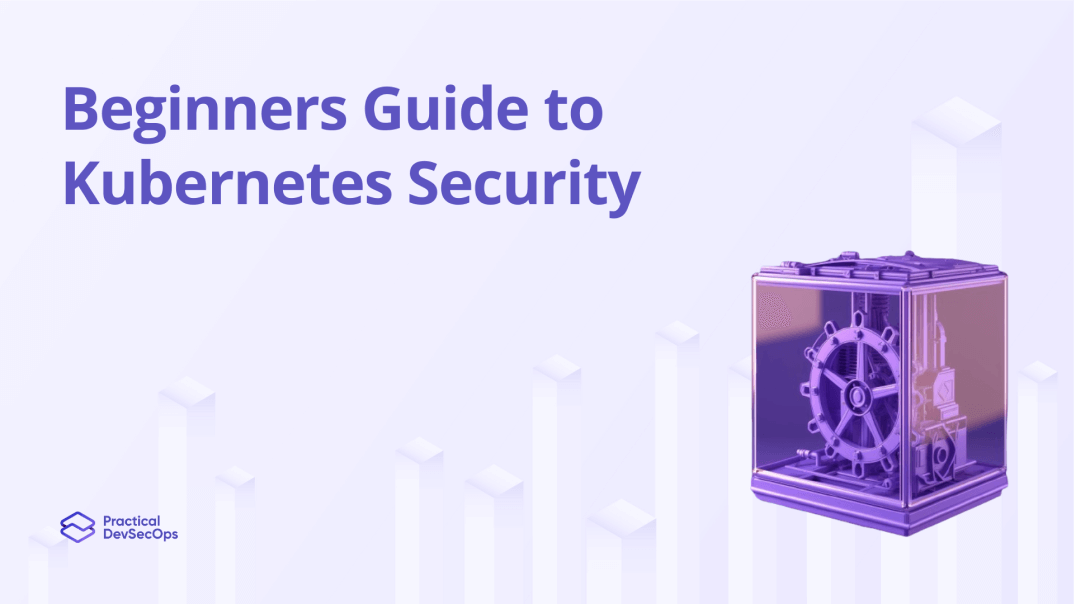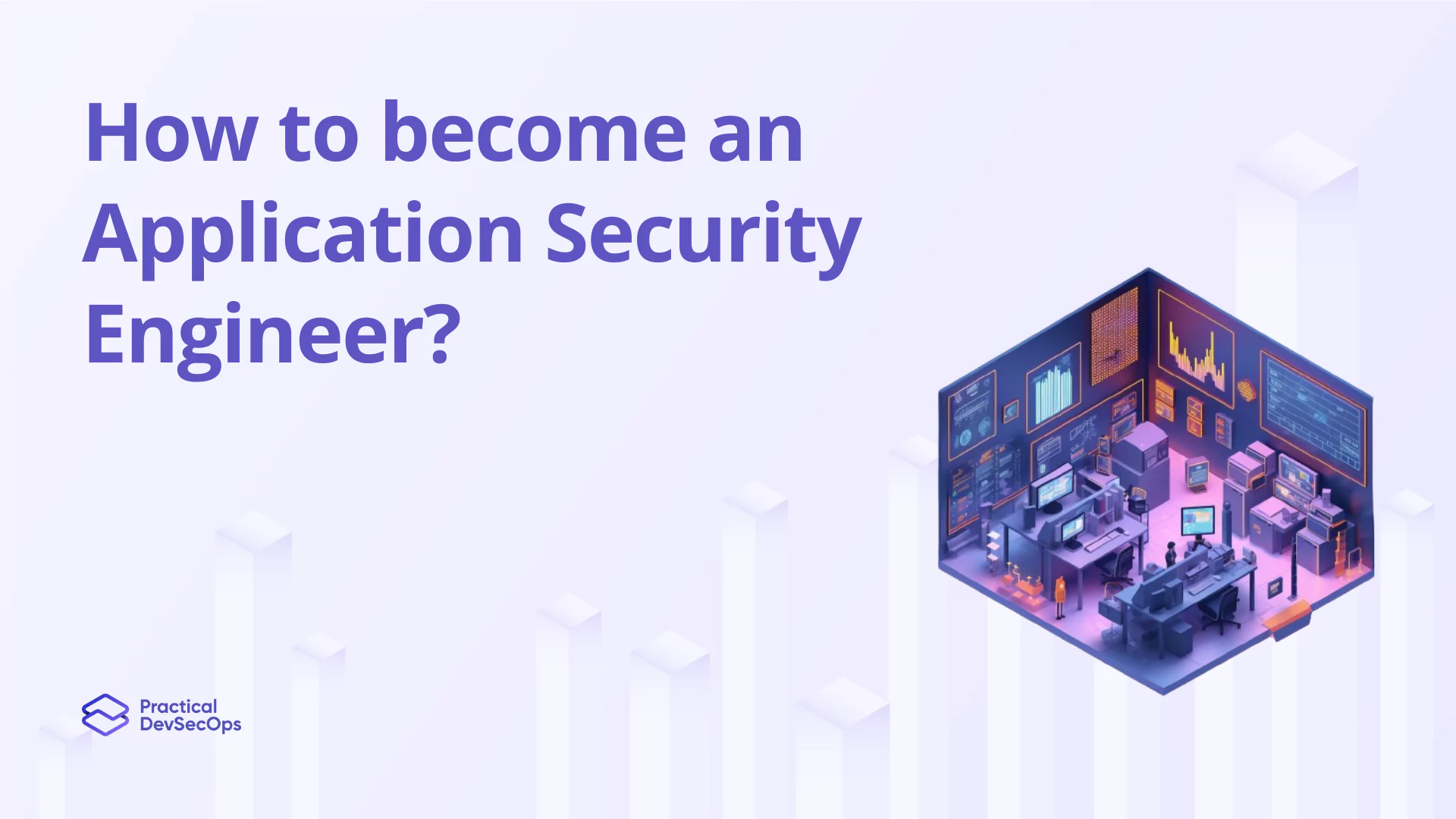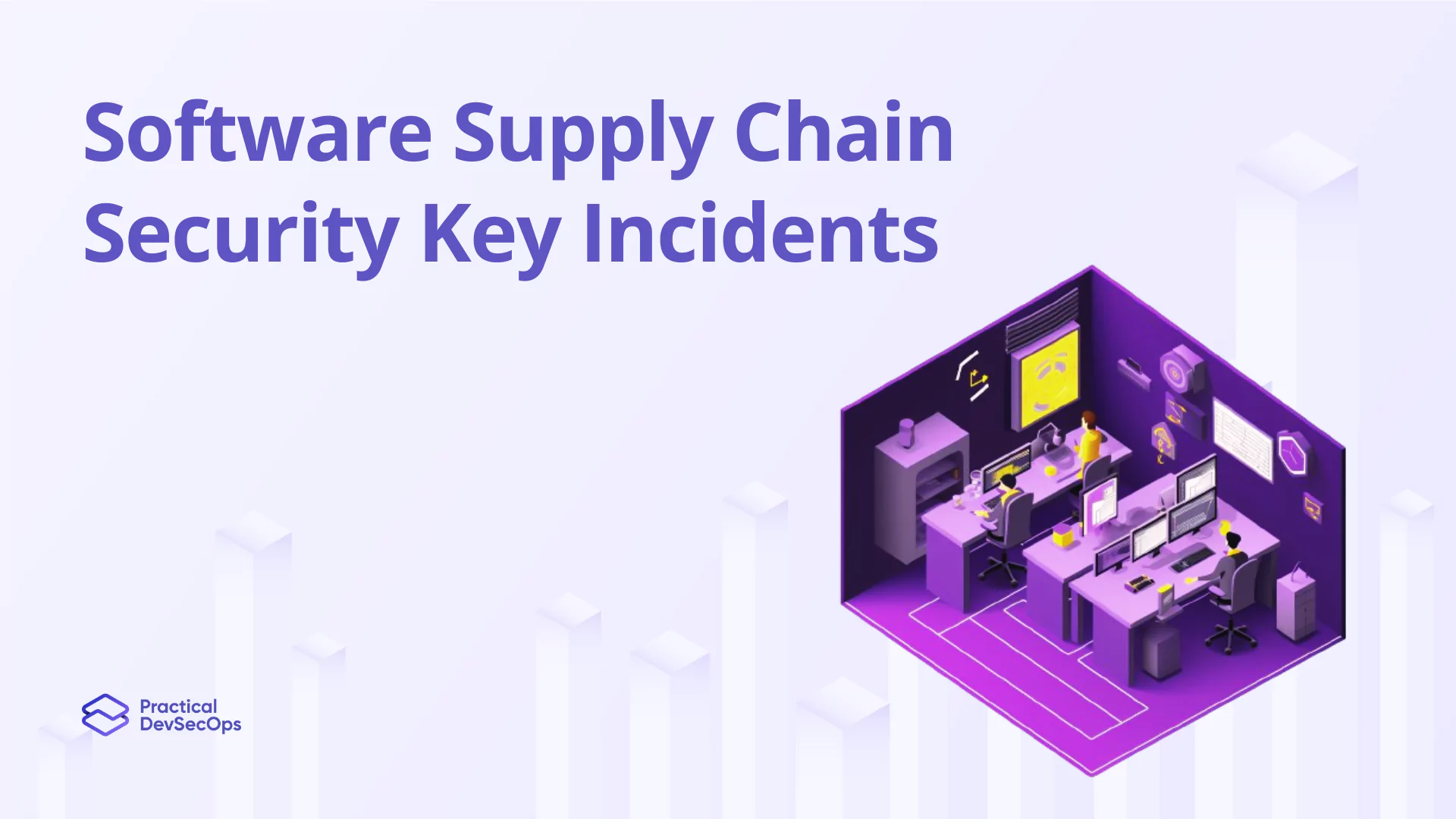Kubernetes, known for its orchestration capabilities, requires a security-first approach to ensure data integrity and system resilience. Let’s explore the fundamental principles of Kubernetes security to lay a solid foundation for your cybersecurity journey
Understanding the Fundamentals
Establish a solid foundation by exploring the core tenets of Kubernetes security:
1. Cluster Security
- Segregation: Segment clusters to restrict access based on roles and responsibilities.
- Network Policies: Define network policies for secure communication within clusters.
2. Pod Security
- Image Scanning: Conduct regular image scans to detect vulnerabilities in pod deployments.
- Pod Security Policies: Implement policies to govern pod behavior and access controls.
Also Read, Pod Security Policies for Kubernetes
3. Role-Based Access Control (RBAC)
- User Permissions: Assign roles and permissions granularly to regulate user actions.
- RBAC Best Practices: Follow RBAC best practices to ensure robust access management.
4. Secrets Management
- Encrypted Storage: Store secrets securely with encryption mechanisms.
- Rotational Policies: Define secret rotation policies to prevent unauthorized access.
Also Read, Kubernetes Secrets Security Issues
Key Strategies for Kubernetes Security
Embark on a transformative journey through essential strategies in Kubernetes security:
1. Implement Network Segmentation
- Pod Isolation: Employ network policies to isolate pods and control traffic flow.
- Pod-to-Pod Communication: Define communication rules to secure interactions between pods.
2. Continuous Monitoring
- Event Logging: Set up logging and monitoring solutions for real-time threat detection.
- Audit Trails: Maintain audit logs to track activities and identify security incidents promptly.
Also Read, Kubernetes Security Monitoring
3. Automated Vulnerability Scanning
- Container Images: Integrate tools for scanning container images to identify and mitigate vulnerabilities.
- Patch Management: Automate patch management processes to remediate security gaps swiftly.
Also Read, Why Kubernetes Vulnerability Scanning is Important and How Does it Work
4. Regular Security Assessments
- Penetration Testing: Conduct routine penetration tests to evaluate Kubernetes security resilience.
- Compliance Checks: Ensure adherence to security standards and regulatory requirements through regular assessments.
Also Read, Why Kubernetes Security is a Promising Career Choice in 2024
Also Read, Kubernetes Interview Questions & Answers- Must Know!
Also Read, Best Kubernetes Books
Conclusion: Embracing Kubernetes Security as a Novice
In mastering Kubernetes security, novices transition into adept guardians of digital constructs, securing Kubernetes environments with finesse and diligence. Adopting a security-first approach, embracing best practices, and integrating strategic security measures pave the way for airtight Kubernetes security. Dive into the realm of Kubernetes security as a beginner, unravel its intricacies, and fortify your virtual landscapes against adversarial forces.
Interested in Kubernetes Security Hands-on Training?
You can get trained in Kubernetes security by enrolling in our Cloud-Native Security Expert (CCNSE) course, which provides hands-on training in important concepts of Kubernetes security, such as:
Hacking Kubernetes Cluster, Kubernetes Authentication and Authorization, Kubernetes Admission Controllers, Kubernetes Data Security, Kubernetes Network Security, Defending Kubernetes Cluster.
Course Highlights:
- Hands-on training through browser-based labs
- Vendor-neutral course
- 24/7 instructor support
- CCNSE Certification is among the preferred for Kubernetes security roles by global organizations
Get Free E-books on Kubernetes Security 101






0 Comments